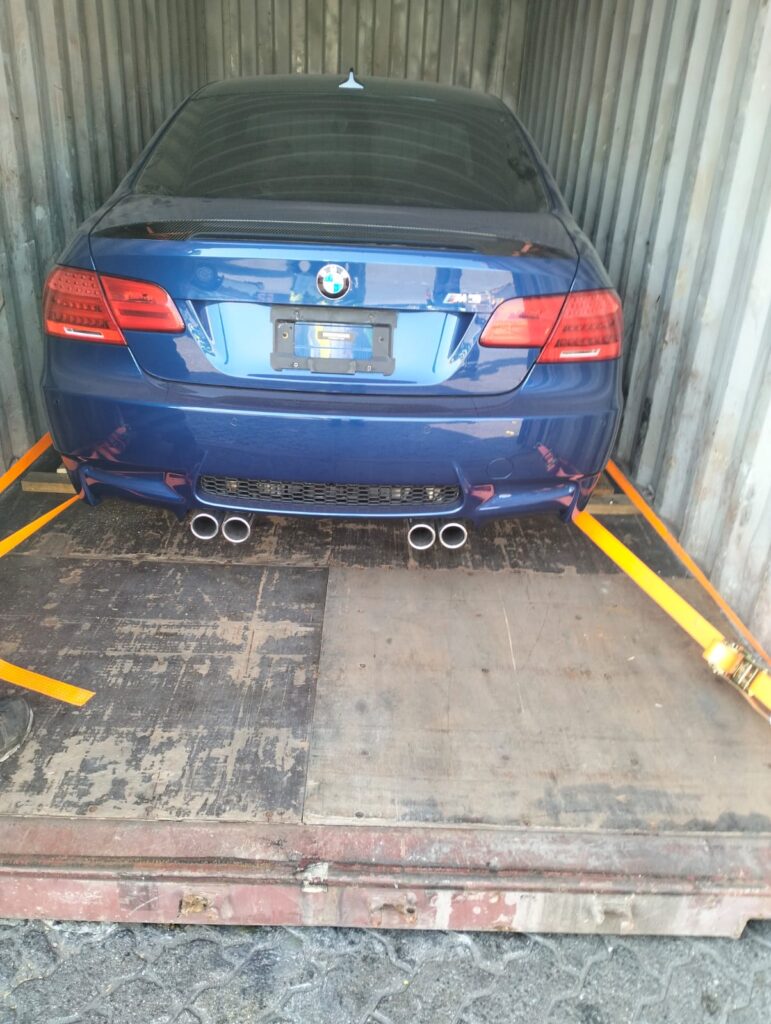
The importation of cars into Dubai represents a significant aspect of the Dubai's economy, reflecting both its global trade connections and its burgeoning automotive market. As an influential hub for international commerce, Dubai has established specific customs duties and taxes that govern the import process, shaping the financial landscape for car buyers and dealers alike. Understanding these regulations is crucial for anyone considering purchasing an imported vehicle, as they directly affect the total cost of ownership. Furthermore, the framework around customs duties is designed not only to regulate the industry but also to foster a competitive market environment that caters to diverse consumer preferences. As we delve deeper into the intricacies of these customs duties and taxes, it becomes evident that they play a pivotal role in determining market trends, influencing consumer behavior, and shaping the overall automotive landscape in Dubai.
The automotive market in Dubai is characterized by a diverse and dynamic landscape, driven by an affluent population and a robust demand for luxury vehicles. This market has witnessed substantial growth, facilitated by significant foreign investment and a burgeoning expatriate community, each contributing to the increasing appetite for both new and used cars. However, the significance of customs duties and taxes cannot be underestimated, as they play a crucial role in shaping the pricing dynamics and accessibility of imported vehicles. With Dubai’s strategic position as a trade hub, customs duties directly impact the overall cost of ownership, influencing consumer preferences and purchasing decisions. Furthermore, the imposition of taxes serves not only as a source of revenue for the government but also as a regulatory measure to enhance local automotive production and reduce environmental impact, making it imperative for stakeholders to navigate these fiscal policies effectively as they engage with the market.
The imposition of 5% customs duties on imported cars constitutes a critical element of Dubai's fiscal framework, directly affecting both consumers and the broader automotive market. As a key revenue source for the government, these duties are designed to regulate the influx of foreign vehicles while simultaneously promoting domestic industries. The rate of customs duty can vary significantly based on the vehicles value and specifications, compelling importers to turnaround a complex matrix of regulations. Ultimately, understanding these customs duties is essential for stakeholders in the automotive sector, as they influence pricing strategies and market dynamics in Dubai's vibrant economy.
Generally, customs duties are levied based on the vehicle’s value, type, and age, with different rates applying to new and used vehicles. For instance, new cars typically incur a customs duty of 5% of their total value. Additionally, specific categories of vehicles, such as electric or hybrid models, does not have any benefit from preferential duty rates to encourage environmentally friendly choices among consumers. Furthermore, the intricacies of the tariff classification must be noted, as misclassifying a vehicle can lead to penalties or increased costs. Ultimately, understanding these varied duty rates is essential for importers to make informed financial decisions when entering the Dubai automotive market.
The United Arab Emirates imposes a customs duty of 5% on the value of imported vehicles. Additionally, a Value Added Tax (VAT) at 5% and registration fees that vary based on the cars category and engine size. These financial obligations are in part influenced by regional trade dynamics; The financial implications of importing vehicles into Dubai with a total of 10% taxes on imported cars, needs to be considered before importing.
The tax, mandatory for all imported goods, effectively impacts buyer decisions, particularly in a competitive automotive market. Additionally, port charges, vessel charges, customs inspections fee, clearances fee, RTA registration fees, insurance fee, which are determined based on vehicle specifications and model year, vary widely and can further inflate the initial expenditure. As a result, the interplay of these taxes compounds the financial burden on consumers, often discouraging purchases or leading them to consider alternatives, thus influencing the the automotive market in Dubai.
However, given the business environment, ease of doing business, import procedures and taxes, market size, online auction platforms and other parameters, Dubai continues to be the best option for trading in cars in the Middle East and Africa (MENA) region.